HALIFAX – A study underway in Halifax is looking at the sense of smell and using a scratch and sniff test to see what role it could play in the early diagnosis of Parkinson’s disease.

Predict Parkinson’s is a collaboration between Dalhousie University and Capital Health.
“What we’re interested in doing is try and find ways to identify people who are in the early stages of Parkinson’s disease, even before they have the motor symptoms that you typically association with Parkinson’s disease,” said Kim Good, co-principal investigator of Predict Parkinson’s and an associate professor in the Dalhousie Department of Psychiatry.
Good said the study is being conducted using a scratch and sniff test. Participants are given 40 scratch and sniff strips and they must identify the correct smell of each. Each page of scratch and sniff strips also has four potential answers for participants to choose from.
“Using the test of the sense of smell, that will identify whether or not somebody’s brain is working properly, if it is processing the sense of smell properly.”

Get weekly health news
“It’s been known for a very long time that people with Parkinson’s disease have these olfactory deficits, severe olfactory deficits. If you ask people once they’ve been diagnosed … how long do you think your sense of smell has been impacted, either they or their spouse will say ‘Oh it’s been years’,” she said.
“It’s like a canary in the coalmine.”
How participants answer the scratch and sniff tests will allow researchers to pinpoint biomarkers to then identify who may be at risk of the degenerative disease.
The test was developed by researchers at the University of Pennsylvania and has been used for years in Parkinson’s research. But this is believed to be the first time the test is being used for early diagnosis of pre-clinical Parkinson’s.
“This study will be breaking new ground,” Good said.
“I think from the patient’s perspective the longer you have to adjust to a diagnosis, the longer you have to make sure you make modifications to your lifestyle, the better you’re going to be in the end.”
Peter Davison, 55, was a participant in the study. The Bedford man was diagnosed with Parkinson’s at the age of 45.
“It started off with a hard time brushing my teeth and writing my name and then it slowly progressed to a foot drop,” he said.
“The last couple years, it’s been more about my voice going a little wonky and being a little bit more stumbly.”
Davison said he does not remember when he lost his sense of smell though he said he can only now smell the scents of lavender and oranges.
He adds he is happy to participate in a study that could help pinpoint who may be at risk of Parkinson’s.
“We could nail it early and nailing it earlier would be fantastic. It doesn’t have to go to the stage where you can hardly walk to get treatment. If the treatment can be given earlier, I think it’s fantastic.”
Good said she is also looking at the first-degree relatives of Parkinson’s patients, such as their parents and offspring.
“The likelihood they will develop Parkinson’s disease is about two percent whereas the general population is one percent,” she said.
The study, which began in 2007 and is expected to be completed by 2017, also involves an MRI scan and a cognitive assessment.
Predict Parkinson’s is still looking for volunteers. More information can be found here: http://predictparkinsons.com
- This H3N2 flu strain is spreading ‘rapidly.’ Why subclade K is hitting hard
- U.S. may soon reclassify marijuana to allow medical research. What to know
- EU proposal would ease cross-border abortion access for women facing bans
- Ontario influenza ICU admissions up 127% in past week, hospital association warns


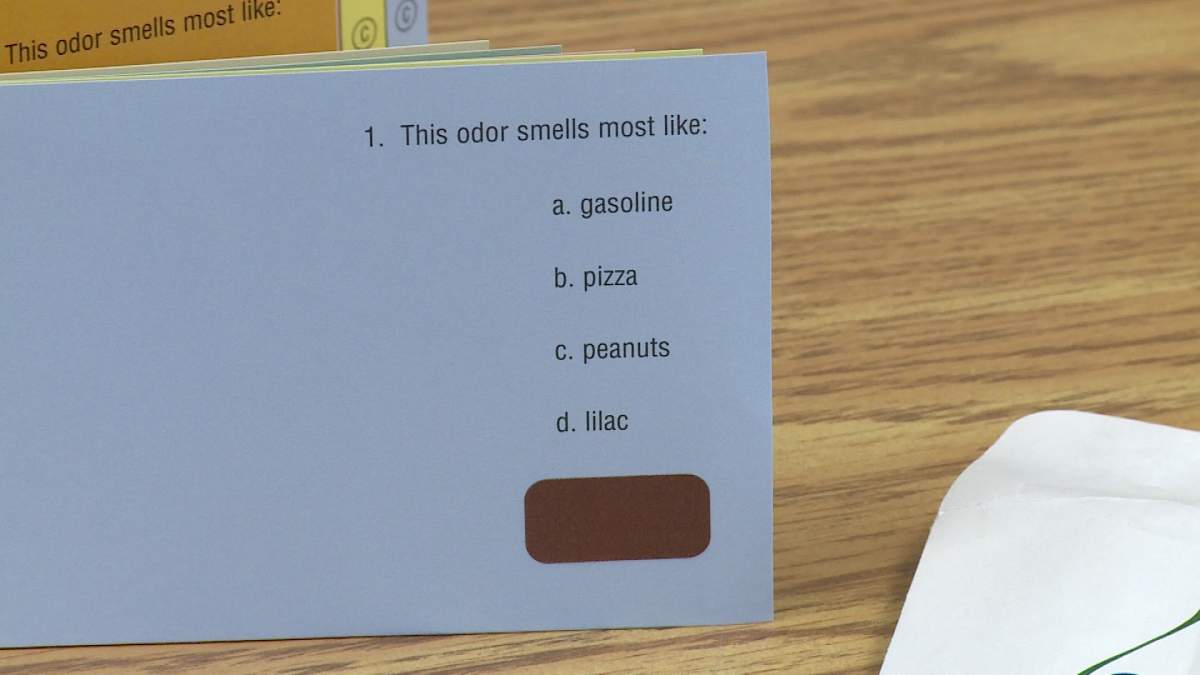



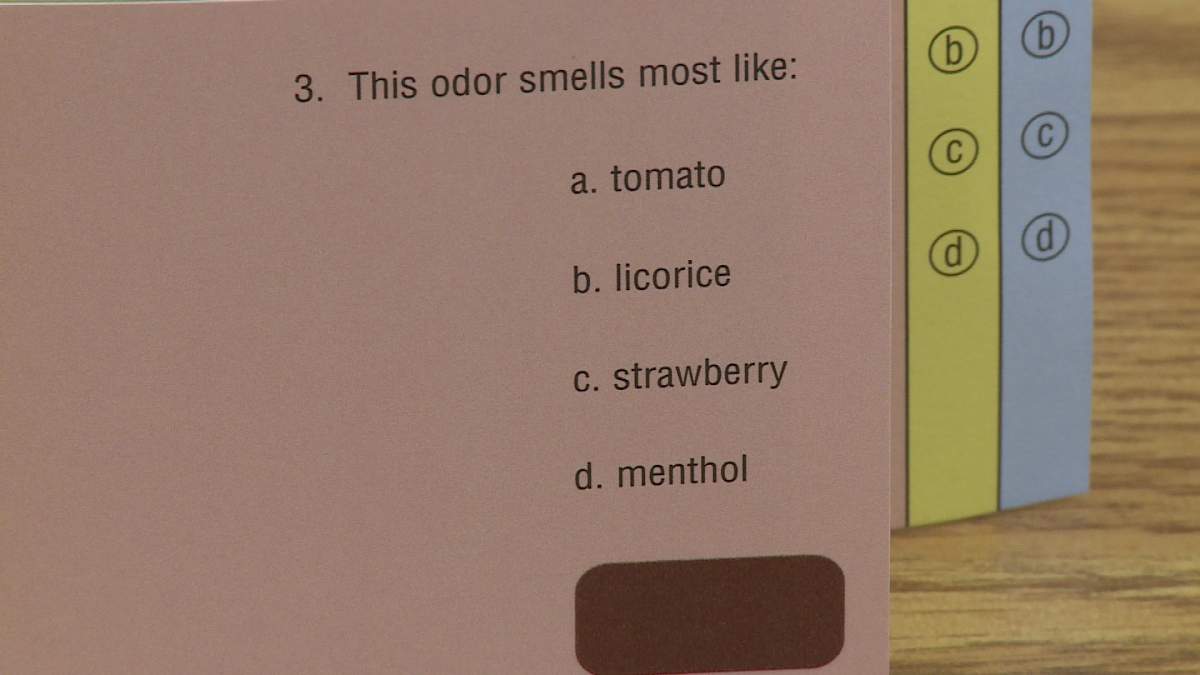

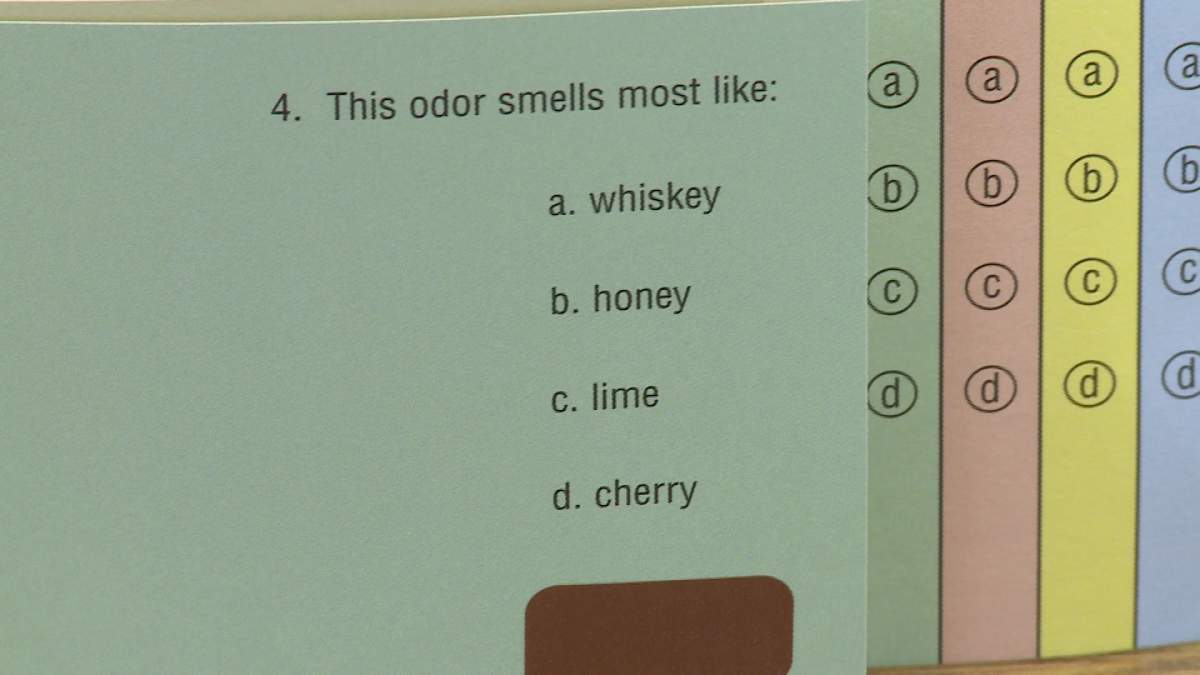

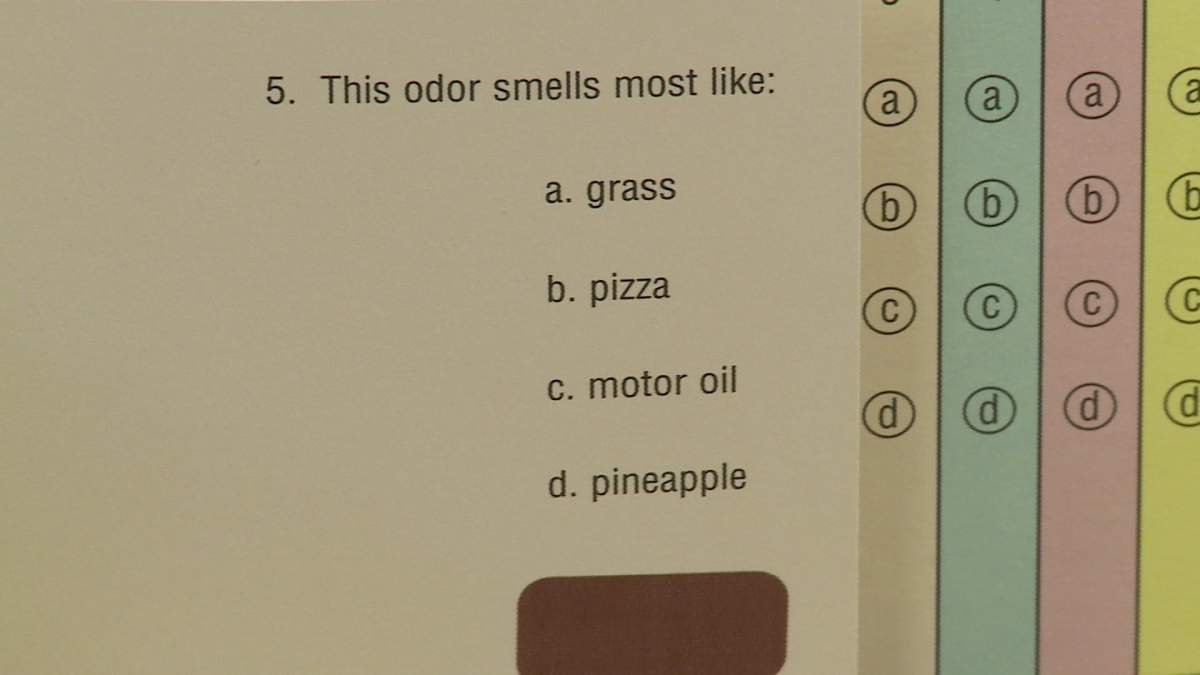



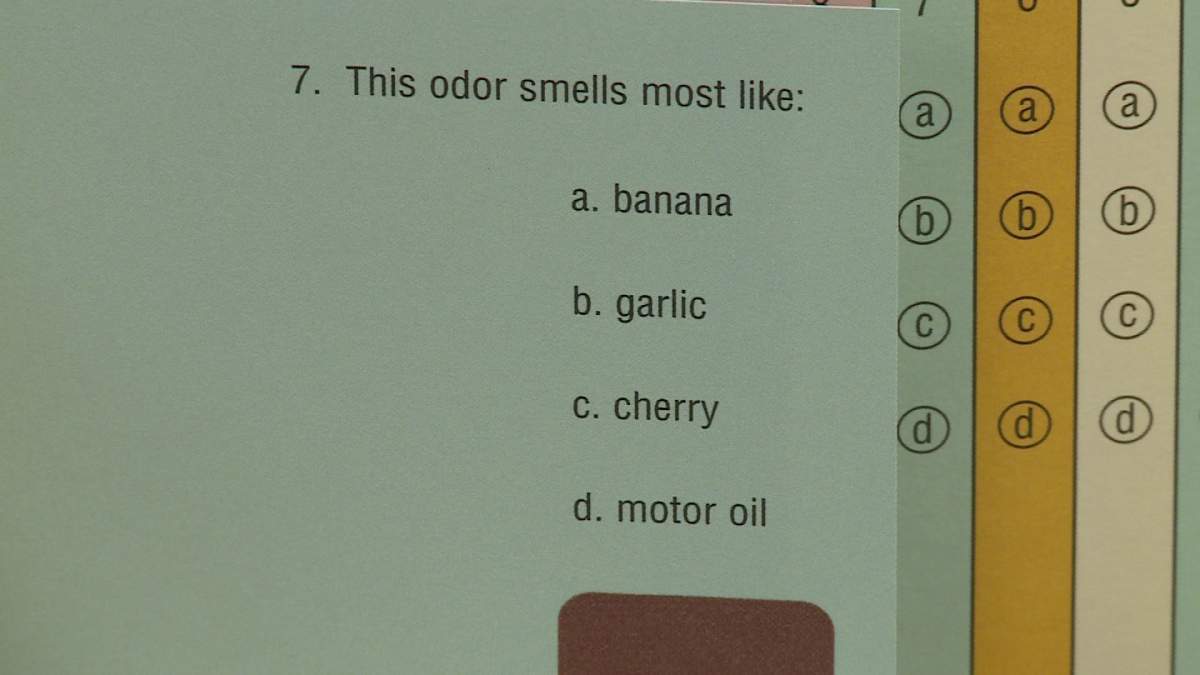

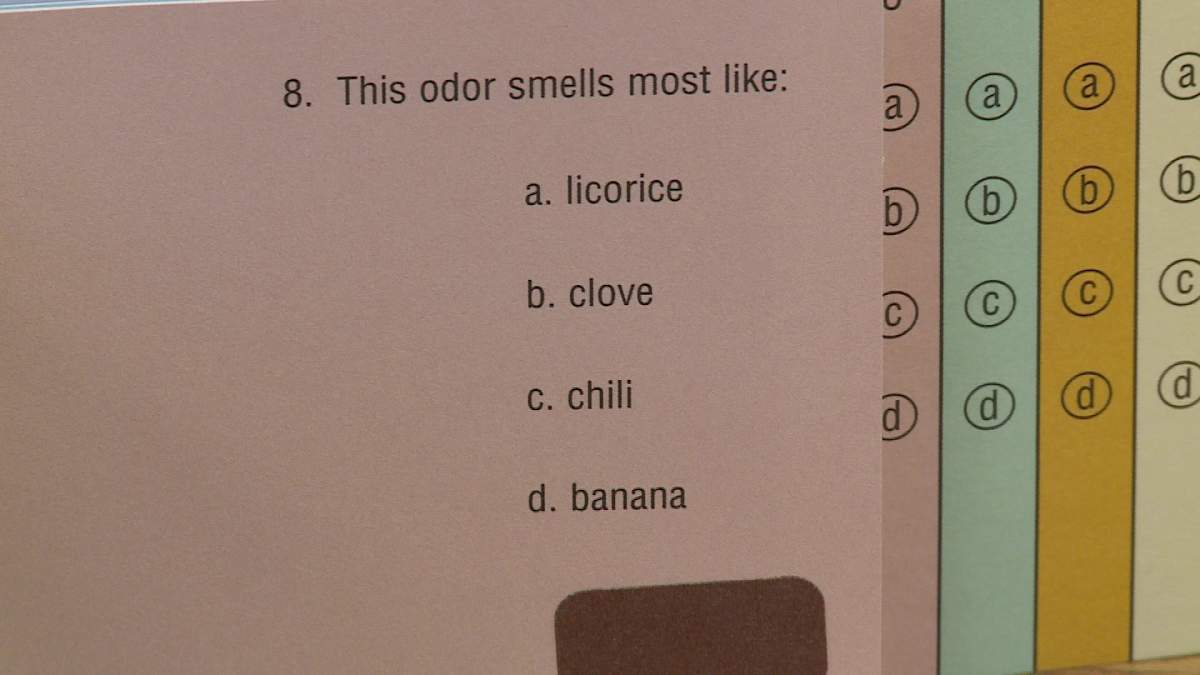

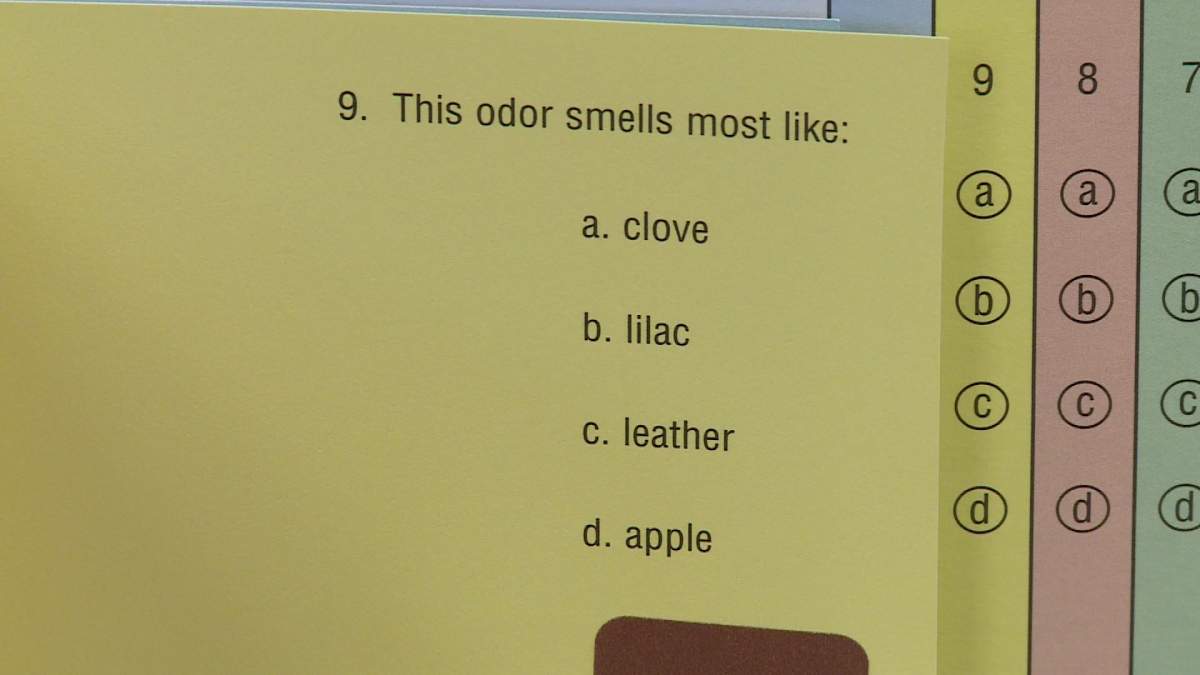

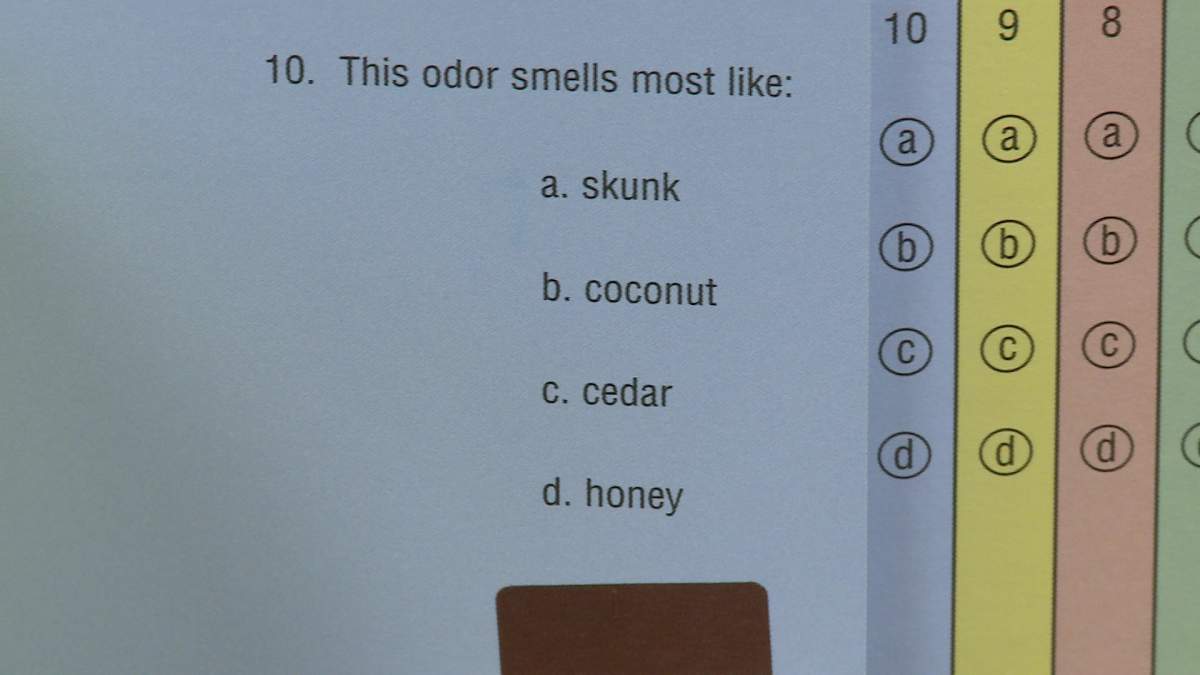






Comments